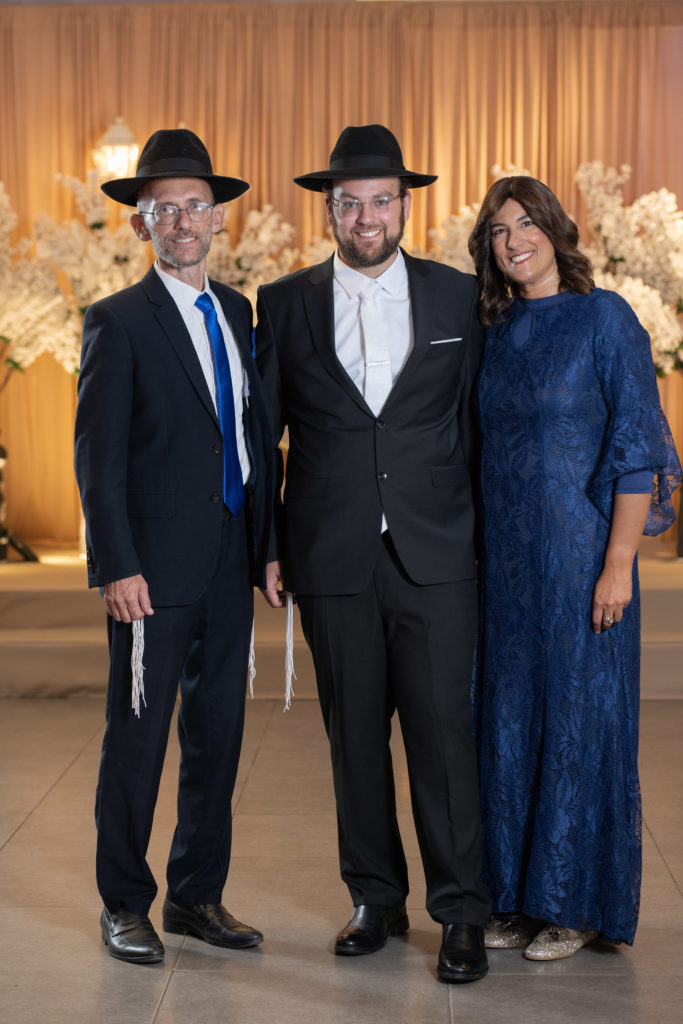How do you motivate yourself to do something that feels hard?
You’ve got to have a goal. Without a goal, there’s no fire lit under you. You have no ‘why’ to inspire you to take action when life is already full and there are so many things that need your time and attention.
>> I have a lot of things on the “save money” to do list… more like things I can do to save money (such as hanging laundry instead of putting in the dryer & baking cookies for my kids instead of buying store bought). I am currently lacking the drive & inspiration. <<
A year ago I shared my goal to pay off our mortgage early. It was very ambitious – it felt like a fantasy when I set it. It wasn’t realistic to put aside the amount per month that I based my goal on. Not at all realistic. But it gave me so much motivation and I kept finding more and more ways to save money and put the extra onto the mortgage, even though I never hit my unrealistic target number for the amount I wanted to save each month.
As I watched the mortgage principal melting away, it was a thrill of its own. I chose to shorten the length of the loan rather than have a smaller monthly payment, and each time I paid a portion of the principal off, I saw the loan length drop. It made me want to throw every extra shekel at the mortgage, and I did.
Our mortgage was split into two parts; the first part is miraculously now paid off completely. I can tell you most definitely that if I hadn’t set that goal, it would be years from being paid off.
My original intention was to pay off the entire mortgage (ie both parts), but when the first part was paid I paused. I wanted to consider if that was still the best thing for us to do. I spent a lot of time thinking about if instead of prepaying the mortgage, perhaps it would be better to use the money for something else that could be an asset for retirement.
I’ve finally decided that having a paid for home is also preparation for retirement, and have reset my goal of paying off our mortgage completely. This has given me a financial shot of adrenaline as a result of the clarity that it gives me.
Will I hit my target goal? We’ll see. It will take a lot of determination and focus, and it will mean putting other things that I’d like to spend on to the side – like renovations – I really don’t want to wait until the mortgage is paid off. But my goal is what gives me the motivation to track my expenses, budget and spend carefully, hang laundry and cook from scratch. I’m doing all of those things to achieve a goal that matters to me, and none of it feels hard. It’s the opposite of hard – it’s energizing.
Why does this motivate me so much? At this stage of my life, what’s more important to me than more money, is more time.
Paying off the mortgage shaves away years of payments and thinking about not having a monthly payment gives me a sense of freedom, flexibility and increased time.
That’s my why.
Now, sit down and write down what you want your life to look like. Brainstorm alone, or together with your spouse. (I recommend setting a shared financial goal if you’re married.) What is really important to you? Why is it important? What do you want instead? What would that look and feel like?
Clarifying and setting your personalized goal is what will give you the incentive to change your habits and do something unfamiliar or uncomfortable.
Avivah


